Terra Natura Benidorm, pioneer in the study of manure composting of rhinos and elephants
hace 7 years
Terra Natura Benidorm has hosted for six months a study on the benefits of manure composting of rhinos and elephants. The project has been carried out by Carmen Alcaina Antolín, graduated in Environmental Sciences from the Miguel Hernández University in Elche.
The work ‘Use of the waste generated by elephants and rhinoceroses. Composting of the manure ‘is an investigation in the treatment and valuation of the organic residues, coming from these species and the pruning of the Washingtonia palm tree.
The project has been carried out in two phases: the first one has taken place in Terra Natura Benidorm with a duration of six months and the second one, of three months, has been dedicated to the study of the samples in the laboratories of the Higher Polytechnic School of Orihuela, from the Miguel Hernández University.
After taking samples, four analytical tests were carried out at different stages of composting. The research concluded that the organic matter produced by the rhinoceroses is the richest in beneficial properties for the land, although their diet is similar to elephants (oats, alfalfa – the rhinoceros, fruits and vegetables such as tomatoes, zucchini, peppers and carrots among other vegetables).
The results have been very positive. According to the legislation, for a compost to be suitable it must contain a minimum of 40% organic matter and according to this study, the manure of these animals contains more than 80%, besides presenting a pH7 (neutral pH), the most beneficial for the proliferation of bacteria that help the recovery of soils impoverished by fires and agricultural uses (for example, the use as a growing medium), improving in general terms the physical, chemical and biological fertility of soils.
During the study, the researcher was surprised by the high quality of this organic matter, to the point that pumpkins, tomatoes and other vegetables grew spontaneously in the sampling areas.
The research concludes that the manures from organic materials of these two animal species are self-composting and do not need other elements to obtain a compost of extraordinary quality.
According to the information provided by various zoos and the Iberian Association of zoos and aquariums (AIZA) on animal diets, Spanish zoos produce annually 1,930 tons of elephant manure and 438 tons of rhinoceros manure that can be used as an excellent fertilizer.

